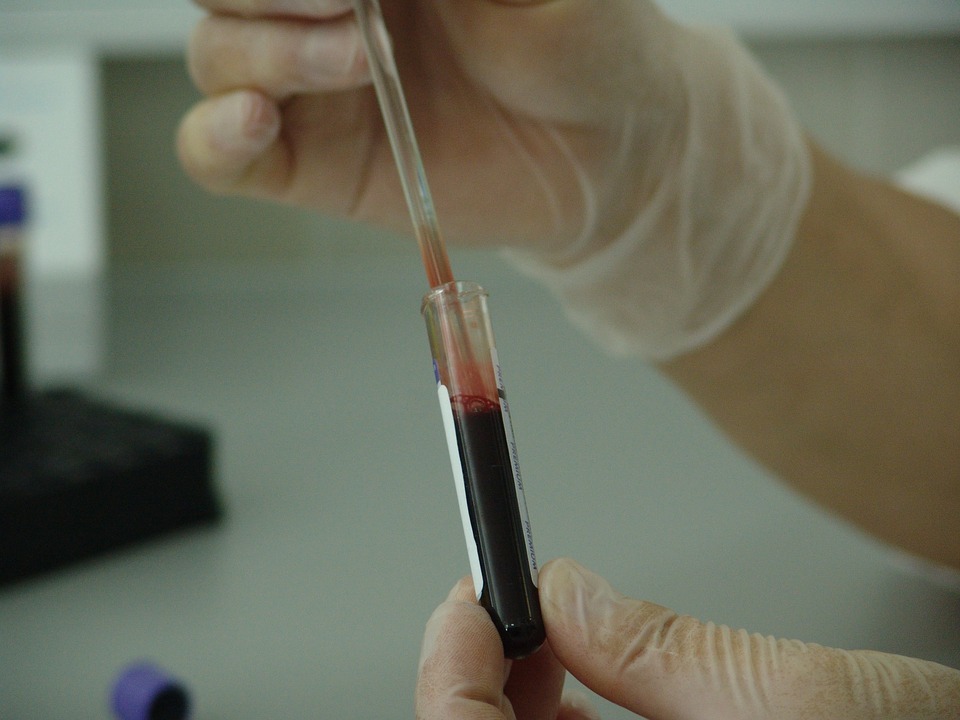There are many reasons why people find themselves wanting to take a DNA test. Some people feel inclined to take these tests to get a better sense of their health. Other people may take these tests for the sake of curiosity alone.
What is known, though, is that people can always learn something new about themselves, their heritage, and their health when they opt to take a DNA test and have their DNA analyzed by professionals. No matter what a person’s reasons might be for looking into what a home DNA test kit offers, the truth is that there are several ways that it can impact life. Here are some of the most notable ways.
1. It Can Provide Information About Health Conditions
The most common reason why people look into the idea of taking a DNA test is to learn about the risks of developing conditions. Scientists have come to realize that the genetic sequence that a person’s DNA has can indicate whether or not a person is more likely to develop life-altering and potentially life-threatening conditions. By making use of a DNA test, people can get a good sense of what to expect from their future health.
One of the most important things to keep in mind is that even if a person is genetically predisposed to developing a condition, there is no guarantee of whether or not that condition will make an appearance in that person’s life. With that being said, it can set a person in motion toward getting exams, bettering health, and being more conscious about symptoms that could indicate the development of health conditions.
2. It Can Help Connect Families
While many people think about DNA tests as being a way to learn about health conditions that people are genetically predisposed to, there are other uses for these types of tests. For example, a common use of these tests is to help connect with people who are relatives.
It could be used for a paternity test in a contentious situation, or it could be used to find birth parents for someone who is adopted. Some people find that it can help connect families that were split apart long ago, laying the foundation for new connections between family members.
Other people find that they are able to connect to distant relatives that were closer than once thought. For people who value the importance of family and connections there, a DNA test can help to shine light on cousins, aunts, and uncles that may not be otherwise known. There are countless stories of people finding long-lost family members, reconnecting with birth parents, and learning about family history through these tests.
3. It Can Encourage Proactivity
Another benefit that comes from choosing a home DNA test kit is the fact that even if the goal was not to find health conditions or family members, these kits can tell people whether or not they are at an increased risk for developing conditions. This encourages the type of proactivity that people need to ensure that even if they are at risk for conditions, they will be in good enough health to keep themselves as healthy and as strong as possible.
Just knowing about any risks that a person has is enough to encourage more activity, a change in diet, and lifestyle adaptations, and the best way to learn more about a person’s potential health is through a DNA test that can provide results that people may not otherwise learn about.
4. It Is Easy and Accessible
One of the biggest reasons why people choose to opt for at-home testing kits is the fact that they are far more easily accessible than getting testing done through a practitioner or a specialist. Rather than waiting months or potentially years for a specialist’s appointment to open up and stressing about the money that goes with a private doctor’s visit, people often find that at-home kits are not only easier to afford but far more timely to get results from.
Of course, the time these kits take varies, but people find that it is much quicker than waiting for a specialist on top of waiting for the analysis and results. Additionally, people find that these testing kits are on platforms that are easier to absorb the information from than what a specialist would say.
